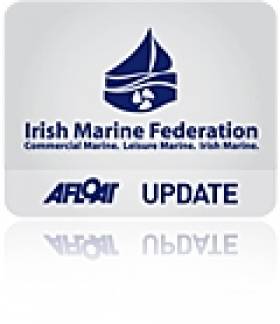Displaying items by tag: EU Tourism Policy
The Irish Marine Federation's Steve Conlon is to meet with Ms. Mirna Cieniewicz, Secretary General of The European Boating Industry, to discuss the implications of the changes recently announced by EU Vice President Antonio Tajani.
Vice President Tajani announced changes to the EU Recreational Craft Directive, a move towards a common European Union Boat license and a new EU Tourism Policy.
The RCD has been unchanged since its adoption, however, there has been a wide divergence in its interpretation in different member states. The new RDC intends to remove ambiguities and provide clarity. It will also deal with environmental issues. It is expected that the full text of the new RCD will be available in November.
Vice President Tajani revealed that the Commission was investigating if it would be helpful to apply in all member states a UN resolution which would create a common certificate of competence for all boaters. The Commission expect to make a survey at the beginning of 2011.
On the 30th of June the Commission adapted a communication on a new political framework for tourism. This is a direct result of the Lisbon Treaty. The Vice President insists that there is a dedicated action to develop sustainable coastal and marine tourism and that the European Marine Leisure Industry should take full advantage of this opportunity.
The IMF will continue to work with the European Boating Industry to lobby the EU to ensure that EU legislation is fully supportive of the industry as a whole. The IMF will continue to seek to ensure that the RCD is fully integrated and policed in Ireland at the same time ensuring that Failte Ireland and Tourism Ireland promote marine leisure tourism as a fully integrated tourism product at home and overseas.





























































